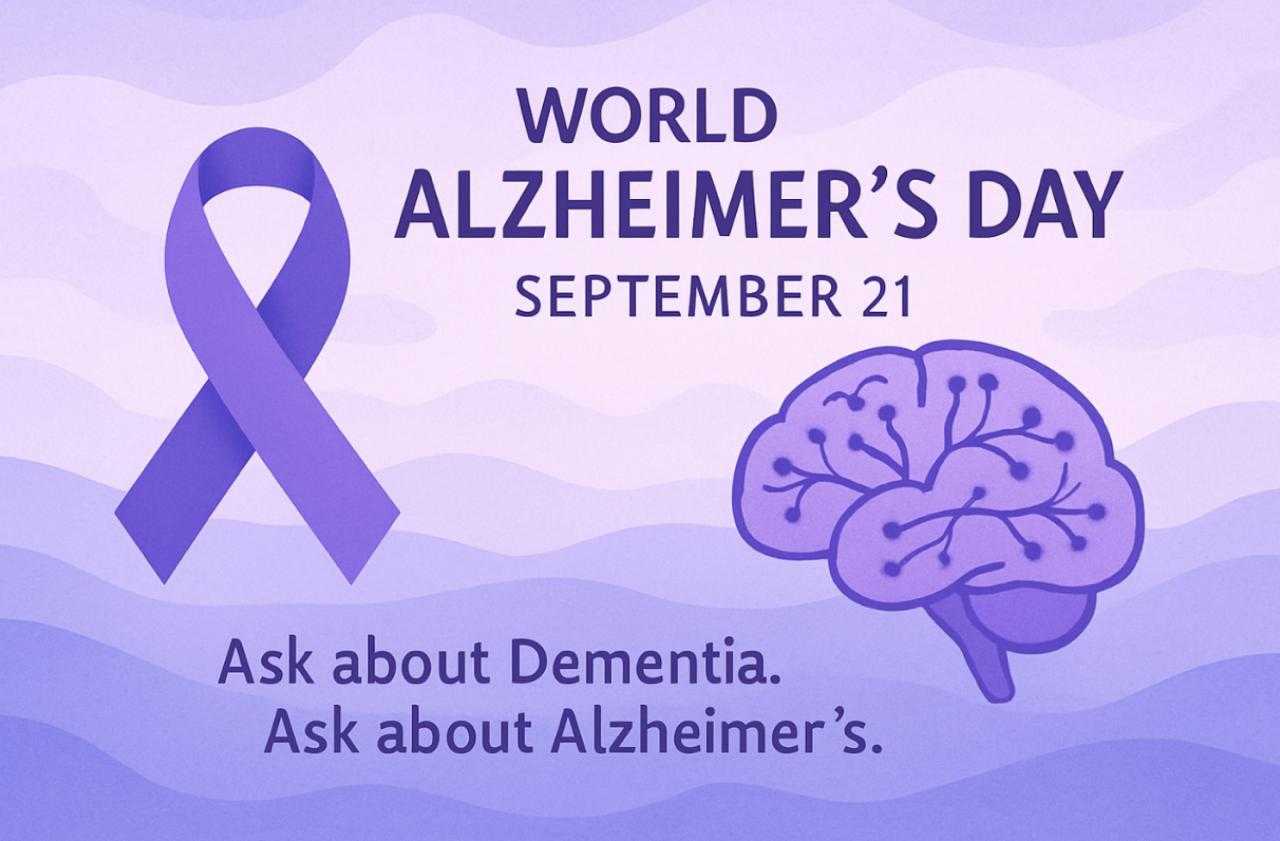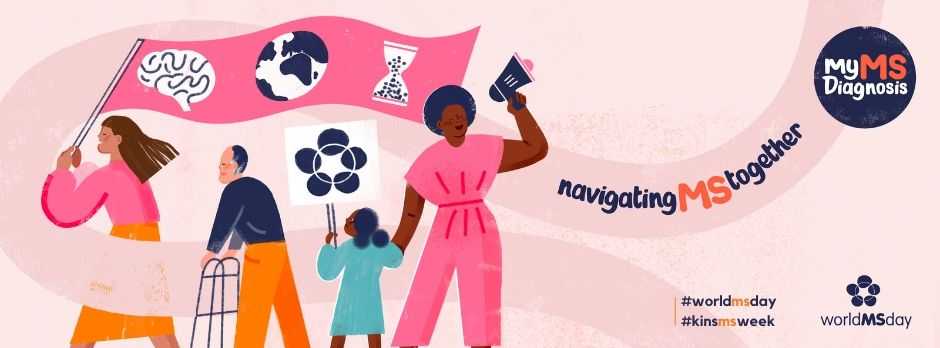Diabetes and diabetes-related complications
Diabetes is a disease that results due to too much sugar in the blood. Yes, that’s it. So simple to understand & avoid, yet 1 in 11 Indians is suffering from diabetes.
Our body has a primary task of breaking down the food that we consume to derive glucose from it. This is necessary to get the energy for our everyday life. However, certain circumstances, such as an unhealthy lifestyle or a genetic disorder can slow our body in breaking down glucose. Consequently excessive glucose gets accumulated in our body develops a condition called diabetes.
Untreated high blood sugar can damage our nerves, eyes, kidney, and other organs. But educating ourselves about diabetes and taking necessary steps to prevent or control it can help us protect our overall health.
There are three types of diabetes- Type 1, Type 2, and Gestational Diabetesand each type has unique symptoms, causes, and treatments.
These are some long-term problems that can develop gradually and can lead to serious damage if necessary precautions and steps are not taken to keep diabetes under control.
Let’s know about some of the complications related to diseases in brief -
Eye Problems
Diabetic Retinopathy is caused when high blood sugar damages the blood vessels in the retina. This can affect our eyesight causing blurry vision or stopping blood flow. If it is not treated at the right time it can even cause complete blindness.
There are two types of retinopathy:
- Early diabetic retinopathy
- Advanced diabetic retinopathy.
Diabetes is a primary cause of blindness in adults aged between 20-74 years old.
Kidney Problems
Our kidney is made up of millions of tiny filters called nephrons. High blood sugar can damage blood vessels in the kidneys and nephrons so they don't work the way they should. When the blood vessels are damaged our kidneys cannot clean our blood properly and can retain more water and salt than they should.
This complication can result in ankle swelling and weight gain. Many people develop high blood pressure which can damage the kidneys too.
Foot Problems
Foot problems are common in people with diabetes. This can happen when high blood sugar damages the nerves and blood vessels in the feet. The nerve damage, called diabetic neuropathy can cause numbness, tingling, pain, or a loss of feeling in our feet. This leads to a change in the shape of our feet and if left untreated can lead to amputation also.
Depression
Diabetes not only affects a person’s blood sugar level but also affects their way of living. Managing it can be stressful and can lead to the symptoms of depression.
Diabetes can cause complications and health issues which can make it worse. It also can lead to harmful life decisions that can include unhealthy eating, smoking, and weight gain that in result aggravate the conditions even further.
Hearing Impairment
Diabetes can lead to nerve damage that can affect our ears. Hearing loss happens slowly so it gets hard to notice. Small blood vessels and nerves in the inner ear can get damaged due to high blood sugar. Whereas low blood sugar can damage how the nerve signals travel from the inner ear to our brain. And thus one must take care of both high and low symptoms.
Skin Problems
Diabetes may leave us more prone to skin problems, including bacterial and fungal infections. This is called diabetic dermopathy. It often looks like light brown scaly patches. These patches may be oval or circular.
Cardiovascular Disease
Diabetes primarily increases the cause of many heart-related diseases, as high blood sugar increases the pressure on our blood vessels. This high-pressure causes damage to our arteries and blood vessels, gradually weakening their strength.
This makes people with diabetes have a high chance of getting a stroke or a heart attack. But if we maintain healthy habits to keep our diabetes under control, and simultaneously avoid heart problems too.
Conclusion
Risk factors for diabetes depend on the type of diabetes. Though there is no cure yet, the complications can be reduced through proper awareness, precautionary lifestyle, and timely treatment.
We recommend our patients with diabetes to keep a check on their diet and practice physical activity regularly to stay healthy and fit. One should also get their diabetes checked at least once a year and neither neglect if any symptoms show up of degrading health conditions.
Our blogs are provided with the objective of educating the general public about the nature, symptoms, precautionary steps, as well treatment required for diabetes. To gain more information head to our other diabetes-related blogs, by clicking here.
For a better understanding of diabetes, book a personal consultation with our diabetic medical specialist at KINS Diabetes Speciality Centre. Our experts carry years of experience in treating patients with all stages of diabetes, and helping them live a better lifestyle.




